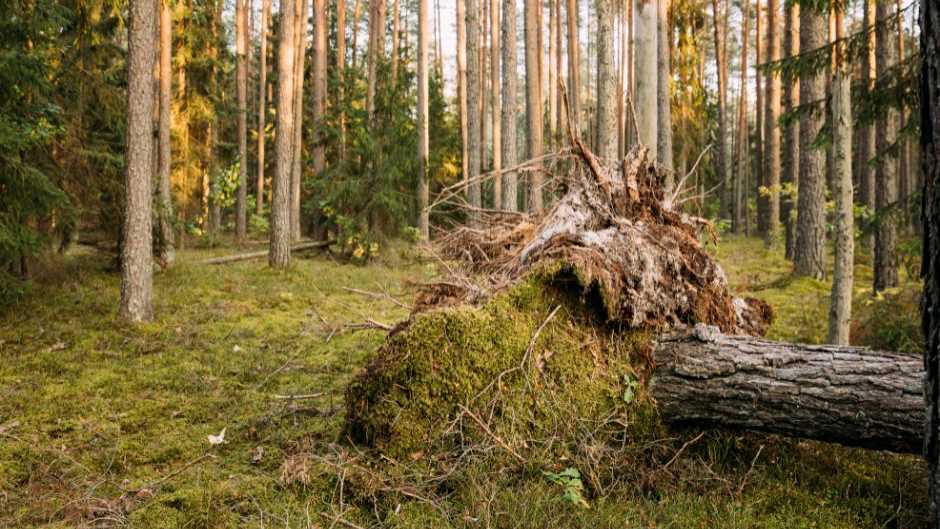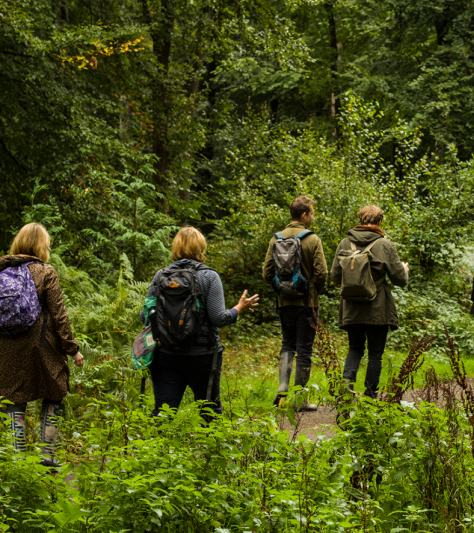Helping Woodlands Survive Storms
Storms continue to batter parts of the UK with more storms predicted. Our grants help forestry owners and managers make storm damage in woodland less likely in the future.

Grants for Resilient Woodlands are supported by Train Hugger and Green The UK. The grants support the use of diverse species, management techniques and planting designs which will make woodland better able to withstand unpredictable weather patterns. They are available to Royal Forestry Society and Royal Scottish Forestry Society members.
Storm Agnes moved in from the South West of England and West Wales back in September bringing gusts of up to 80 mph in exposed places along the Irish Sea. Storm Isha saw winds of over 100mph with some of the highest records located at Brizlee Wood, near Alnwick in Northumberland. With the Met Office sending out “threat to life” warnings it is not surprising to be concerned about the effect this extreme weather is having on our environment.
RFS Development Manager Jen Turner said: “We know that climate change is likely to bring even more extreme weather events in the future. There are things that can be done now to help our forests withstand storms better in the future. Our Grants for Resilient Woodlands have been developed to support the changes that are needed.”
Schemes planting at least 200 trees will be considered. Application decisions will be notified within six weeks. Find all terms and conditions and apply here.
Forest Research assessments show that in 2021, 3,350 hectares of storm damage was recorded in England. Most of that was by Storm Arwen which brought gusts of 117 mph (189 km/h). It caused immense damage in commercially important woodlands in the North East of England and in and around Kielder Forest.
Chair of the Forestry Commission, Sir William Worsley, is on record saying: “ Now and in the long-term, we need a wider range of tree species and age profiles across the country. This targeted approach will ensure the long-term resilience of our precious woodlands.”
Originally published 2nd October 2023, and edited 22nd January 2024.

